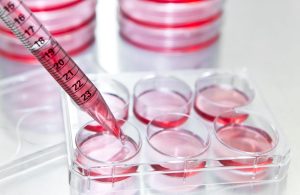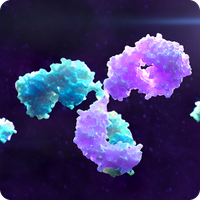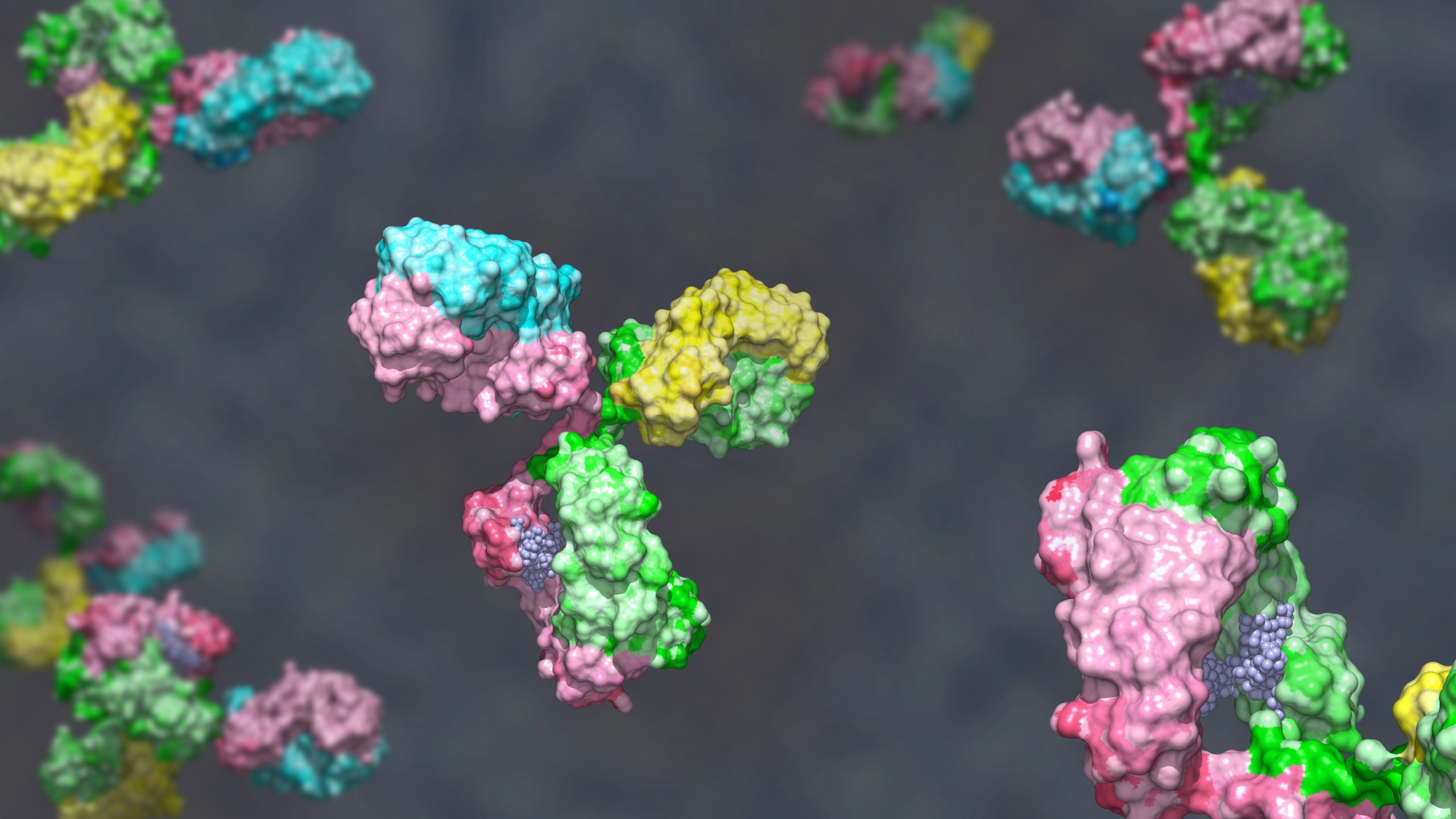Functional Antibodies: From Detection to Biological Modulation
 Introduction
Introduction
Antibodies are best known for their ability to recognize and bind specific antigens, a property that makes them indispensable in both research and clinical settings. Yet, antibodies are far more than a detection tool. Many antibodies possess functional activity and are actively able to shape biological processes such as cell activation, toxin neutralization, and modulation of immune pathways.
This capacity was first recognized by Paul Ehrlich in the late 19th century, when antibodies were described as “antitoxins” capable of neutralizing harmful agents.1 Today, functional antibodies remain central to disease research and therapeutic development, enabling scientists to probe and manipulate complex biological systems such as in vitro organoids, organs-on-chip, 3D cell and 2D tissue cultures, and in vivo models.
What Are Functional Antibodies?
The term “functional antibody” is commonly used to distinguish antibodies with biological activity from those employed as inert detection reagents. Although the definition is broad, a functional antibody can be understood as one that actively modulates a biological process in a living system. Mechanisms include:- Activation or inhibition of receptors and pathways
- Neutralization of toxins, cytokines, or pathogens
- Engagement of Fcγ receptor signaling to direct immune responses
Detection vs. Functional Validation: Antibodies validated for Western blotting may not perform the same way in functional assays or in vivo models. Western blot detects denatured proteins, while functional studies require binding to native conformations in complex environments. Without application-specific validation, even a well-characterized antibody can yield misleading results. 2
Takeaway: Functional research requires antibodies validated for biological activity, not just detection.
Functional Antibodies in Action
Agonist and Antagonist Activity
One well-studied example is the use of anti-CD3 antibodies. These can act as agonists, stimulating T cell activation even in immunosuppressed conditions.3 Conversely, inhibitory antibodies such as anti-PD-1 block suppressive checkpoint pathways, reactivating T cells to attack tumor cells.3Neutralization
Antibodies can neutralize harmful molecules by binding their active sites, preventing downstream interactions. Neutralizing antibodies play roles in blocking toxins, cytokines, and pathogens, and they are critical for vaccine efficacy because they drive post-immunization immune protection.4Fcγ Receptor–Mediated Signaling
Functional antibodies may exert effects through Fcγ receptors on immune cells. These interactions can promote phagocytosis, upregulate cytokine production, and direct B cell selection and survival.5 Such mechanisms are especially important in cancer immunology, where antibody-driven Fc engagement can amplify anti-tumor responses.Ensuring Quality in Functional Antibody Studies
- Selectivity and specificity: Off-target binding can activate unintended pathways and confound data.1 2
- Purity and formulation: Endotoxins, preservatives, or aggregation may induce non-specific immune effects.3 4
- Reproducibility: Lot-to-lot variability contributes to irreproducibility in preclinical research studies.6
- Pathogen safety: Antibodies contaminated with murine pathogens can compromise animal health, distort immune responses, and undermine study validity.
- Scalability: Consistent quality and reliable supply from milligram to gram quantities ensures that results remain valid as studies progress from early discovery to large-scale in vivo models.
Bio X Cell’s Approach
InVivoMAb™ and InVivoPlus™ antibodies are specifically formulated for in vivo and translational studies. Each lot is ultrapure, low in endotoxin, and preservative-free, with InVivoPlus™ antibodies undergoing additional testing for binding specificity and aggregation. Matched isotype controls are available to help separate target-driven activity from background Fc effects. To further support research continuity and reduce time lost to unstable or inconsistent reagents, Bio X Cell antibodies include a one-year shelf-life guarantee, supporting stable performance throughout long-term, multi-phase studies. Setting consistent and reliable standards for functional antibodies helps ensure that antibodies perform as intended, enabling reproducible, reliable results across both in vitro systems and in vivo models. Bio X Cell provides 100% PhD-level technical support worldwide. The “for scientists, by scientists” approach spans catalog target selection and antibody validation to QC data review—helping ensure that the antigen and clone you choose are the best fit for your experimental question. Whether selecting the right PD-1 clone for your model, interpreting lot-specific QC data, or planning scale-up supply, our expert team reduces uncertainty so you can focus on generating reproducible, impactful results.Conclusion
Functional antibodies are vital research tools that make it possible to model disease, dissect immune pathways, and identify therapeutic strategies. Their versatility is unmatched, but the reliability of their insights depends on rigorous study design and high-quality reagents. With thoughtfully validated antibodies such as those in the InVivoMAb™ and InVivoPlus™ product lines, researchers can create experiments that reveal true biology, accelerate discovery, and build a foundation for translational breakthroughs.Coming Next: The Five Pillars of Functional Antibody Study Design
The next post will introduce the Five Pillars of Functional Antibody Study Design, a practical framework designed to help researchers minimize variability, strengthen reproducibility, and generate translationally meaningful results.References
- Daëron M. The effector functions of antibodies. Immunol Rev. 2024;328:6–12.
- Uhlén M, et al. A proposal for validation of antibodies. Nat Methods. 2016;13(10):823–7.
- Menon AP, et al. Modulating T cell responses by targeting CD3. Cancers (Basel). 2023;15(4):1189.
- Zhang A, et al. Beyond neutralization: Fc-dependent antibody effector functions in SARS-CoV-2 infection. Nat Rev Immunol. 2023;23:381–396.
- Bournazos S, et al. Signaling by antibodies: Recent progress. Annu Rev Immunol. 2017;35:285–311.
- Baker M. Reproducibility crisis: Blame it on the antibodies. Nature. 2015;521:274–276.



